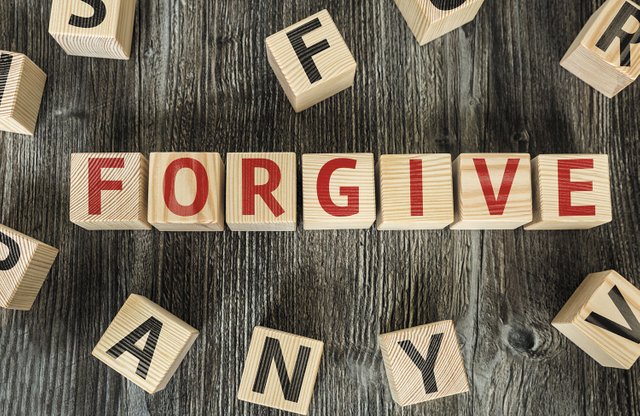Forgiveness is for the forgiver, not the forgiven.
This may be my most out-of-the-mainstream view that I really think should be mainstream: forgiveness is for the forgiver, not the forgiven.
No doubt being forgiven is nice (assuming one cares about being forgiven; obviously some people don't). But that is of secondary value.
The real value of true forgiveness - not just saying the words, but truly forgiving - is that it means letting go completely of resentment and anger, which are toxic. Nobody can truly heal from trauma, I think, if they hold onto that anger and resentment. Holding on just means they suffer again each time they think about the event or the person who caused the harm.
That need for healing ultimately has nothing to do with the person who caused the harm (although obviously getting a sincere apology and some kind of make-it-right restitution from them can be helpful). Healing is for the benefit of the harmed individual, not the harmer.
None of this is to suggest that forgiveness is easy. It is far easier to say the words - and that can be hard enough - than to actually let go of the resentment and anger toward the person who has harmed us. That letting go is among the hardest things we'll ever face. Not only does it seem unfair to be asked to forgive those who don't deserve forgiveness, but the resentment and anger become part of our identity, and giving up aspects of our identity is hard, even if those elements are holding us back in life. But to heal, we have to stop thinking about what that other person really deserves, and think about what we ourselves need. Getting there is is hard, and unfortunately we're more often encouraged not to - "he doesn't deserve your forgiveness!" - than encouraged to do so.
But the freeing effect of forgiveness, if we can get there, is tremendous. In the end, who cares about the harmer? Care for yourself, and give yourself what you need to end the on-going harm. Again, it's not easy. I won't even say it's always possible. But it's worth working toward.
